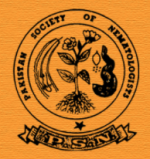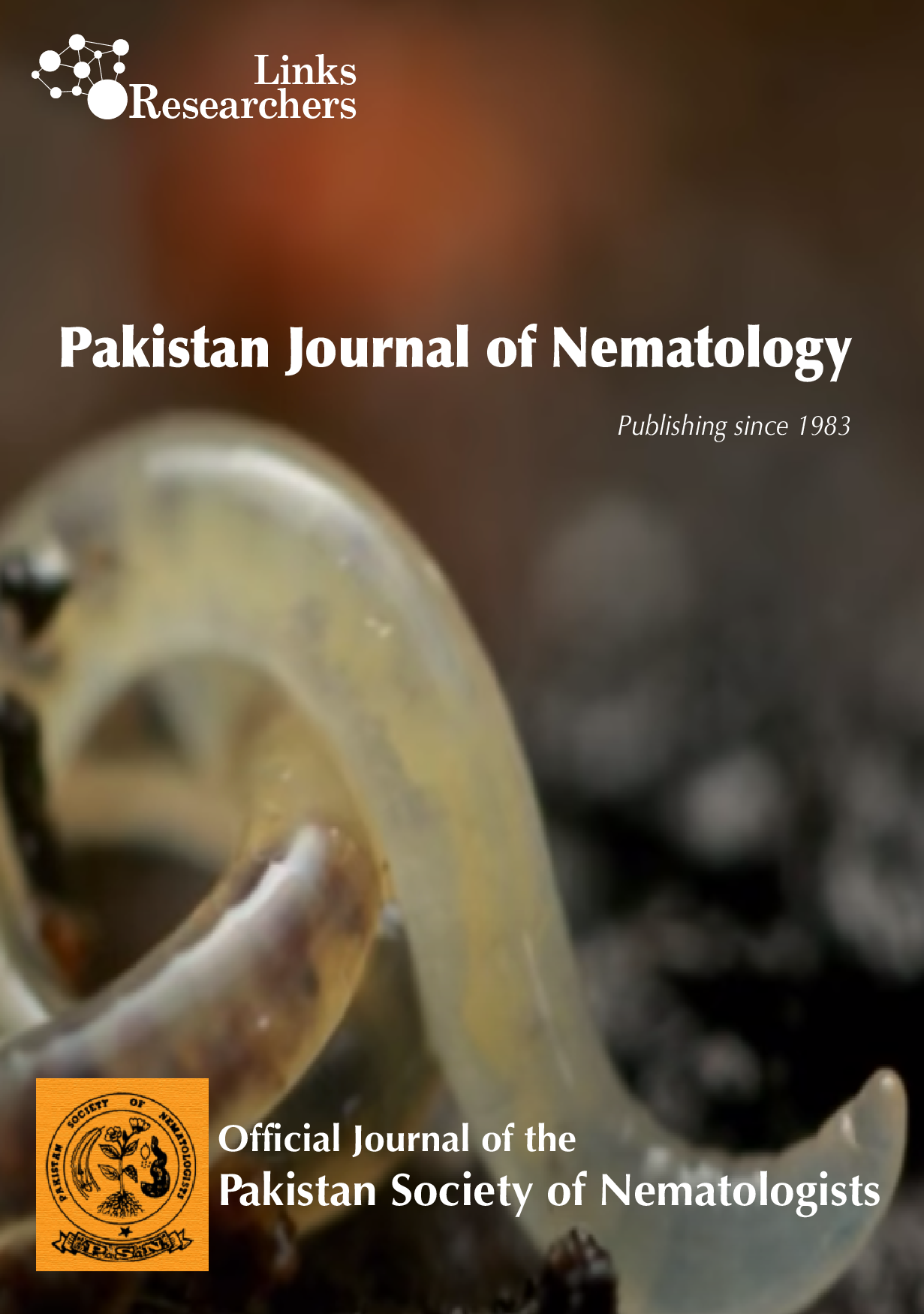Virulence and Distribution Trends of Root-Knot Nematode (RKN) Fauna on Summer Vegetables in District Bagh, Azad Jammu and Kashmir (Pakistan)
Muhammad Tariq-Khan1*, Syed Zanib Ali Gardazi1, Abu Daud Ahmad Khan1, Muhammad Ilyas2 and Ishaq Ahmad3,4
ABSTRACT
Root-knot nematodes (RKNs) are important group of plant parasitic nematodes belong to genus Meloidogyne with extensive host range. A comprehensive survey study was carried out to document host and non-host plants in cultivated fields of Bagh district, Azad Jammu and Kashmir. Total of 111 vegetable fields from 82 locations of study areas was surveyed during summer 2013, 2014, 2016 and 2017. Okra, Eggplant, tomato, cucumber, chilies, beans and cucurbits were found most frequently cultivated vegetables in the area. RKN was found on 80 fields, with 68 out of 82 surveyed locations with 72% field incidence. Okra was found with highest field infestation with 47.3% followed by cucurbits on 20% and tomato on 17.4% while zero infestation on chilies. Species were identified based on perineal pattern morphology. M. javanica was identified as predominant species of the study area. RKN tropical species was found on M. incognita 37%, M. javanica 38% and M. arenaria 28% sites parasitizing vegetable crops. Host preference of M. javanica and M. incognita was detected in mixed field conditions as M. javanica preferred okra as host while M. incognita reproduced maximum on tomato. Common beans were found most susceptible host providing survival opportunity to RKN due its heavy intercropping with field crops and vegetables. Understanding regarding pathogen survival under adverse conditions will help the scientists to develop new approaches for sustainable yield.
To share on other social networks, click on any share button. What are these?




